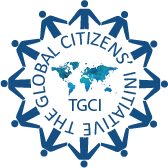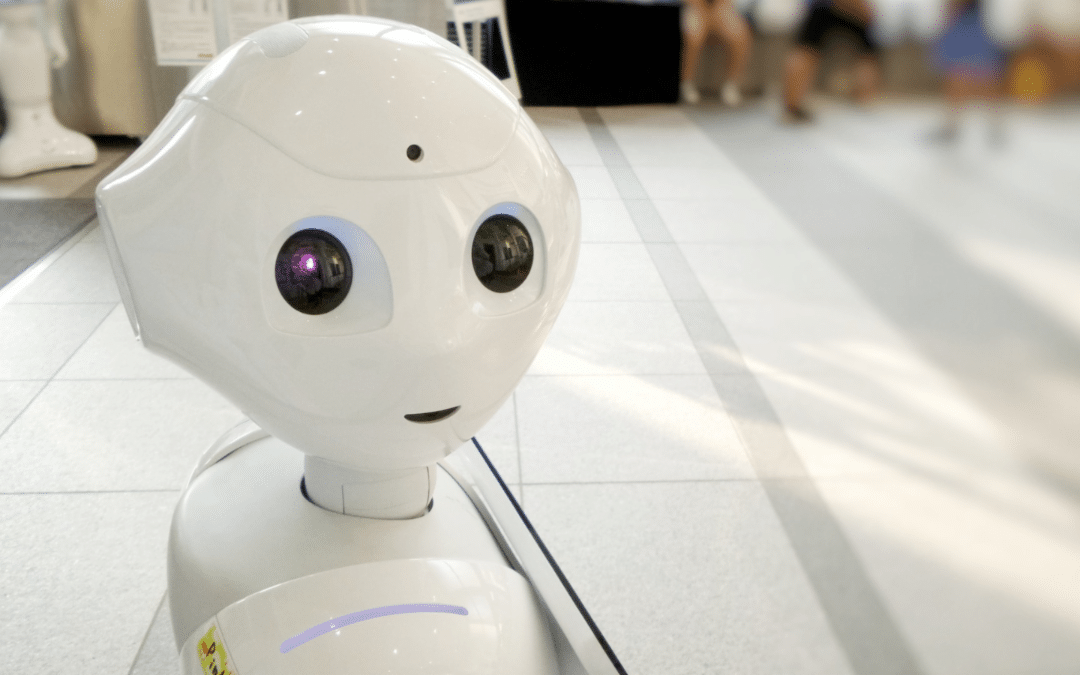This month, we analyze:
– The urgent need for a global conversation on and international regulation of artificial intelligence
– Why achieving social sustainability is required to address the world’s challenges
————————————————————————————————————–
The need for international regulation and governance of artificial intelligence (AI) is gaining attention from prominent figures and publications. For example, Google CEO Sundar Pichai highlighted the necessity of international treaties to govern AI. At the same time, the Economist suggested the establishment of an International Agency for Artificial Intelligence. This growing concern reflects the increasing seriousness with which people are approaching AI: “Pausing and reflecting could open up the sustained global conversation about AI that is urgently needed,” writes Robert Wright in The world’s very big AI test.
Robert Wright is an author and journalist known for his interest in philosophy, psychology, society, science, history, politics, international relations, and religion. He has published five books.
————————————————————————————————————–
Social sustainability is a critical but often overlooked aspect of sustainable development. While environmental and economic sustainability receive significant attention, social sustainability, which focuses on the well-being of people and communities, is complex and challenging to achieve. Achieving social sustainability through collaboration and collective action is urgently needed to address today’s challenges, such as climate change and the impacts of events like COVID-19, write the authors of Social sustainability: a critical gap in the global development agenda.
Patrick Barron is the World Bank’s Global Lead for Social Cohesion and Resilience within the Social Sustainability and Inclusion global practice.
Louise Cord is the Global Director for Social Sustainability and Inclusion in the World Bank’s Sustainable Development Practice Group.
José Cuesta is a development economist with a Ph.D. in economics from Oxford University. He is an affiliated professor at Georgetown University’s McCourt School of Public Policy.
Sabina Espinoza advises the World Bank on social inclusion, equality, and poverty reduction. She leads research and provides project support on the exclusion of vulnerable and discriminated groups.
Greg Larson is a writer and consultant who supports the World Bank and other organizations in economics, public policy, and international development.
Michael Woolcock is Lead Social Scientist in the World Bank’s Development Research Group, where he was worked since 1998. For sixteen of these years, he has also been an Adjunct Lecturer in Public Policy at Harvard University’s Kennedy School of Government.

